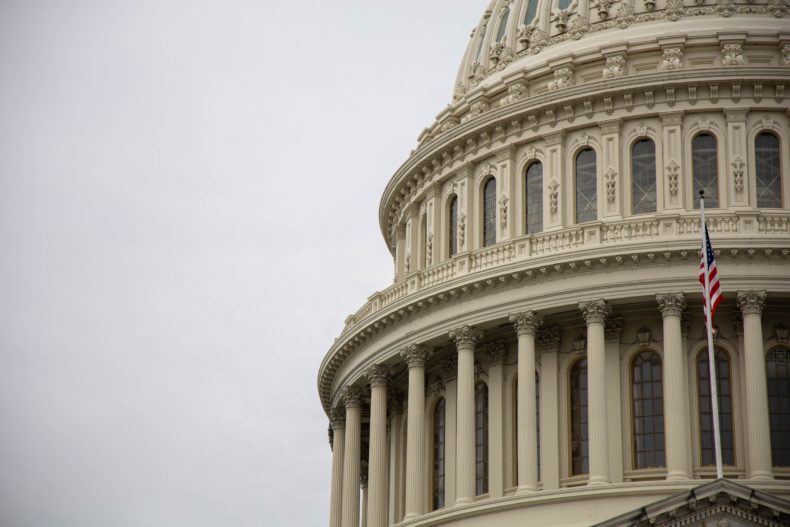From www.Littler.com
(with permission)
By Jim Paretti and Michael J. Lotito
Previously, we discussed the increasing number of lawsuits filed against employers relating to COVID-19, and how these numbers are expected to swell. Perhaps recognizing the economic ruin that could befall employers facing COVID-19 liability, a number of states have enacted or are considering legislation that would hold employers acting in good faith harmless in such lawsuits.
As infection rates continue to increase nationally, lawmakers in Iowa, Kansas, Louisiana, Massachusetts, North Carolina, Oklahoma, and Wyoming have adopted laws that limit liability for employers and others from claims relating to COVID-19 exposure. While they vary in their details, these laws generally provide immunity from liability for claims of exposure to, or infection from, COVID-19 where an employer is acting in good faith in accordance with federal, state, or local guidance, and is not intentionally or recklessly negligent. Some laws cover all employers broadly, while others are more limited (providing immunity to, e.g., health care providers). Others require notice of the liability limitations, or allow for businesses to expressly waive liability by way of tickets or receipts. As of this writing, more than a dozen other states are considering similar legislation, and we expect more to follow.
While these protections may assist employers in defending cases alleging exposure to COVID-19 from customers, vendors, and employees, they fall short of guaranteeing protection for other COVID-19-related claims, particularly from employees. Such claims may range from wage and hour claims relating to COVID-19 testing, or working from home; denial of leave benefits under state and local laws; discrimination based on age, disability, pregnancy, or other factors; and a host of other potential allegations. Moreover, while employee claims of injury on the job related to COVID-19 (such as contracting the virus at the employer’s worksite) are generally limited to claims under workers’ compensation laws, creative plaintiffs’ attorneys are already attempting to bypass these laws by way of novel legal theories, many of which are yet to be tested in courts.
To date, Congress has not taken comprehensive action to address employer liability for COVID-19 claims at the federal level. Businesses and trade associations continue to press legislators in the U.S. Senate to include legal protections in any future COVID-19 legislative relief package, but to date, progress has been slow, and the Senate has indicated it is not likely to move any legislation before late July. Given that negotiations to reconcile the provisions of a Senate-passed bill and the legislative package the U.S. House of Representatives passed earlier this year—which includes significant monies to state and localities, leave law expansions, and an extension of enhanced unemployment benefits—are likely to be highly contentious, it is not yet clear whether and what form a compromise bill might take. Due to this uncertainty, employers are advised to consult with counsel to ensure that, as the economy reopens, they are aware of their obligations not only with returning to work safely, but also with the range of state and federal laws implicated.






